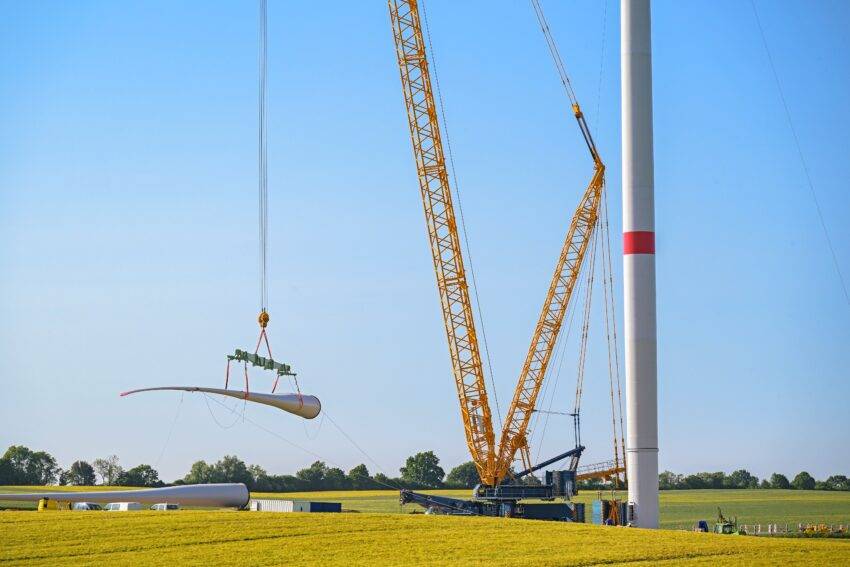Business
National Grid’s £7 billion fundraising sparks market turmoil

More than £6 billion was wiped from the energy and water sectors of London’s stock market after National Grid unveiled plans for a major fundraising and fears an upcoming election could delay energy policy decisions.
The FTSE 100 company announced a rights issue of almost £7 billion, marking the largest fundraising by a European non-banking entity in 15 years. Proceeds from the £6.8 billion fully underwritten rights issue will support a £60 billion investment program over the next five years, almost double the expenditure in the previous period. More than half of these investments will improve the UK’s electricity distribution and transmission infrastructure, with the remainder allocated to network improvements in New York and New England.
The new shares will be priced at 645p each, reflecting a discount of almost 35 percent to Thursday’s closing price. National Grid expects this investment to expand its asset base at an average compound annual growth rate of 10 percent through 2029, and increase earnings by 6 to 8 percent annually beginning in 2025.
Following the announcement, National Grid shares tumbled 122.5p, or 10.9 per cent, to £10.05, while other energy companies including Centrica and SSE also saw significant falls. Deepa Venkateswaran, an analyst at Bernstein, attributed the sell-off to a combination of National Grid’s fundraising and potential policy delays due to the upcoming general election.
The rights issue was revealed shortly after Prime Minister Rishi Sunak called for an election, raising the possibility of a Labor government coming to power in July.
Water companies were hit harder, with Pennon and Severn Trent shares falling 7.1 percent and 5 percent respectively. Analysts at Citi suggest these declines are linked to political risks, such as possible dividend cuts under a Labor government.
John Pettigrew, CEO of National Grid, claimed that political parties agree on the need for infrastructure for the energy transition, minimizing the impact of a potential change of government on the company’s plans.
In addition, National Grid plans to streamline its operations by selling its Kent liquefied natural gas terminal and its U.S. renewable energy operations. A dividend of 58.52p per share will be adjusted to reflect the rights issue and will rise in line with the CPIH from next year.
Despite the larger-than-expected rights issue, Pettigrew reported unanimous shareholder support ahead of the announcement. He also indicated that the investment would not significantly increase customers’ bills. “This investment will marginally increase network costs, but will enable cheaper connections to renewable energy, reducing exposure to volatile global gas prices,” Pettigrew explains, noting the impact of recent gas price increases following the conflict in Ukraine .
Based on the current price cap, the average household energy bill of around £1,800 per year includes £22 for upgrading the electricity transmission network, with the costs spread over 40 to 60 years.













